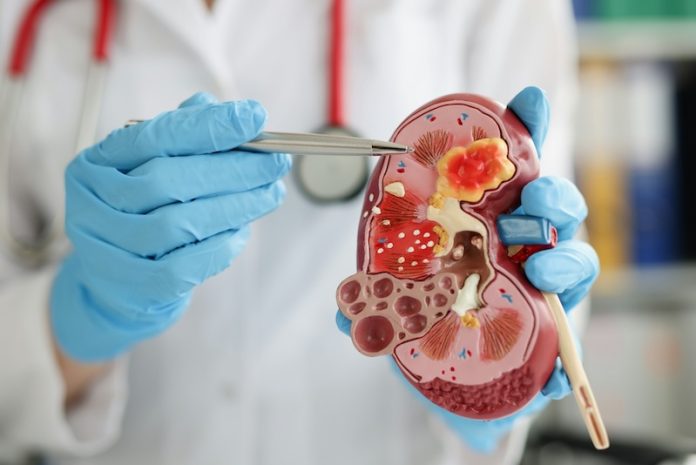
When most people think of kidney disease, they often link it to diabetes—and for good reason. Diabetes is the number one cause of chronic kidney disease (CKD) around the world. But what if you don’t have diabetes? Can you still get kidney disease?
The answer is yes, and it’s more common than many people think. In fact, nearly half of all people with kidney disease are not diabetic. So what else can damage the kidneys?
One of the leading causes of kidney disease in non-diabetics is high blood pressure, also called hypertension. The kidneys have many tiny blood vessels that filter waste and extra fluid from the blood. If blood pressure is too high over time, it can damage these delicate vessels, making it harder for the kidneys to work properly.
This damage can build up slowly, often without symptoms until kidney function has already declined. That’s why high blood pressure is sometimes called a “silent killer.”
Another common cause is a group of diseases called glomerulonephritis. This refers to inflammation in the glomeruli—the tiny filters in the kidneys that clean the blood. There are many types of glomerulonephritis, and some happen after infections or are linked to autoimmune conditions like lupus.
In some cases, the immune system attacks the kidney tissues by mistake. This can lead to scarring and loss of kidney function over time. Some forms come on suddenly (called acute), while others develop slowly over many years (chronic).
Polycystic kidney disease (PKD) is another non-diabetic cause. PKD is a genetic disorder that causes fluid-filled sacs, or cysts, to grow in the kidneys. These cysts can get larger over time and interfere with kidney function.
PKD often runs in families and can be passed down from a parent to a child. There is no cure yet, but researchers are studying treatments that may slow down the disease.
Certain lifestyle factors and habits can also increase the risk of kidney disease. Smoking, for example, harms blood vessels and raises the risk of both high blood pressure and kidney damage.
A diet high in salt, processed foods, and animal fats can put strain on the kidneys, especially when combined with dehydration or obesity. Long-term use of some over-the-counter painkillers like ibuprofen or naproxen (NSAIDs) can also damage the kidneys if taken too often or in high doses.
Some infections, such as chronic urinary tract infections or kidney infections (pyelonephritis), can cause damage if not treated properly. Other medical conditions, like heart disease, liver disease, or blocked urine flow due to an enlarged prostate or kidney stones, can also affect kidney function.
Interestingly, researchers are now discovering that chronic inflammation, even without a clear disease, may play a role in many cases of kidney damage.
People with autoimmune diseases, chronic infections, or even long-term stress may experience low-level inflammation that slowly harms the kidneys. Genetics and environmental exposures, such as pollution or heavy metals, may also increase a person’s risk—though these areas need more research.
In summary, while diabetes is a major cause of kidney disease, it’s far from the only one. High blood pressure, autoimmune diseases, genetic disorders like PKD, long-term medication use, poor lifestyle habits, and chronic infections can all contribute.
The good news is that many of these causes are treatable or preventable. Regular checkups, blood pressure control, a balanced diet, and avoiding harmful substances can all help protect your kidneys, even if you don’t have diabetes. Early action makes a big difference.
If you care about kidney health, please read studies about how to protect your kidneys from diabetes, and drinking coffee could help reduce risk of kidney injury.
For more information about kidney health, please see recent studies about foods that may prevent recurrence of kidney stones, and eating nuts linked to lower risk of chronic kidney disease and death.
Copyright © 2025 Knowridge Science Report. All rights reserved.



